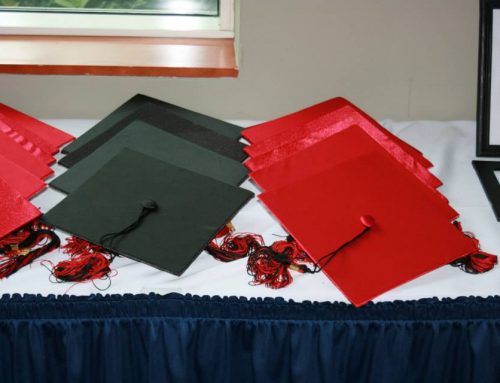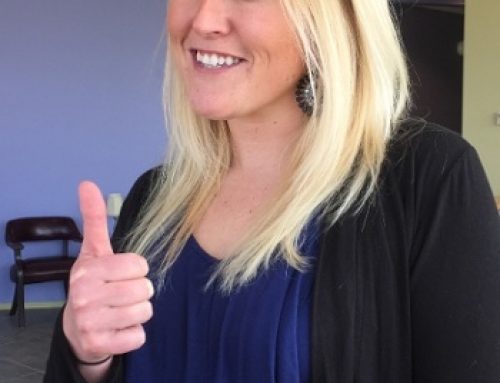http://learn.padistance.org/blog/reconnecting-with-rachel
I recently reconnected with an old classmate and friend from PA Distance. Upon discovering we live 40 minutes apart, we decided to meet halfway to catch up. As it turns out, only rural residential land lay between us, so the only public place we could find remotely halfway was an old truck stop. So, after 4 years, Rachel Chick Kunzen and I got coffee and sat in truck stop for hours talking.
Soon we found that we both got married on the same day, and used yellow as our wedding color. Besides that coincidence, since we last saw each other she’s also lived in Africa and became a fantastic photographer (check out her page here). I caught her up on my happenings, and we had a good laugh that I was back at PA Distance. But amidst all of life’s changes, we were able to go back to the questions that brought us together as friends nearly 10 years before.
Warning: what you are about to read involves some thoughts of angsty high schoolers who grew up.
In that truck stop, the conversation felt at times like it had when I was at home, age 14, using AIM to message Rachel. Some of you don’t even know what AIM is, which makes me feel old, even though I’m not. Anyway, we used to agonize over questions of life, ethics, faith, and values. We feared a meaningless existence and would debate how to remedy it until 1 AM.
I’m not exaggerating at all. I looked through our old messages, and found one from when we were 16. I messaged her and said, “Radix malorum est cupiditas. Latin for ‘The root of evil is avarice.’ Let’s have a discussion about this, after you finish googling avarice.” A lengthy quasi debate ensued in that message stream. We sure were a couple of goons.
Cyber school alumni reflects


Thankfully the truck stop didn’t include any Latin, but we did talk a lot about meaning. As a photographer, Rachel does this really neat thing: she captures what is meaningful and frames it for the rest of us. To be a good photographer, I’m convinced you have to see meaning in the little things. And when the little things have meaning, reality is much more generous, and pictures are worth a thousand words. Pointing out the generous reality is what Rachel does through her photos.
When she went to Africa, Rachel got to taste a very different way of life – but in ways it seemed more generous to her than the developed American way of life. She lived with people in financial and material destitution, who found meaning through an ability to notice the little things and be thankful for them. For Rachel, the Namibian people’s ability to notice and be thankful was deeply stirring.
Rachel came back with her eyes wide open. As she spoke to me, her ability to see detail and appreciate it reminded me of Annie Dillard, a renowned author. In her book, Pilgrim at Tinker Creek, Dillard describes turning a corner and seeing the majestic dive of a bird. Thankful to have chanced this scene she writes, “The fact of his free fall was like the old philosophical conundrum about the tree that falls in the forest. The answer must be, I think, that beauty and grace are performed whether or not we will or sense them. The least we can do is try to be there.”
Cyber school alumni reflects


Well, Rachel is bent on being there, and I think it’s making the world a better place. You can see with every picture she won’t let beauty pass unnoticed, nor will she let “everydayness” exist unappreciated. What’s more, she shares her eyes with us. Rachel, being a good photographer, confronts us with reality in her photos, and we have a choice in how we respond to it. We can look at the picture, say “that’s nice,” and stop there; or we can look at the picture, and decide to join Rachel in the task of noticing, breathing thanks like we breathe air. As Dillard said, “beauty and grace are performed whether or not we will or sense them.”
I say let’s try to be there.







